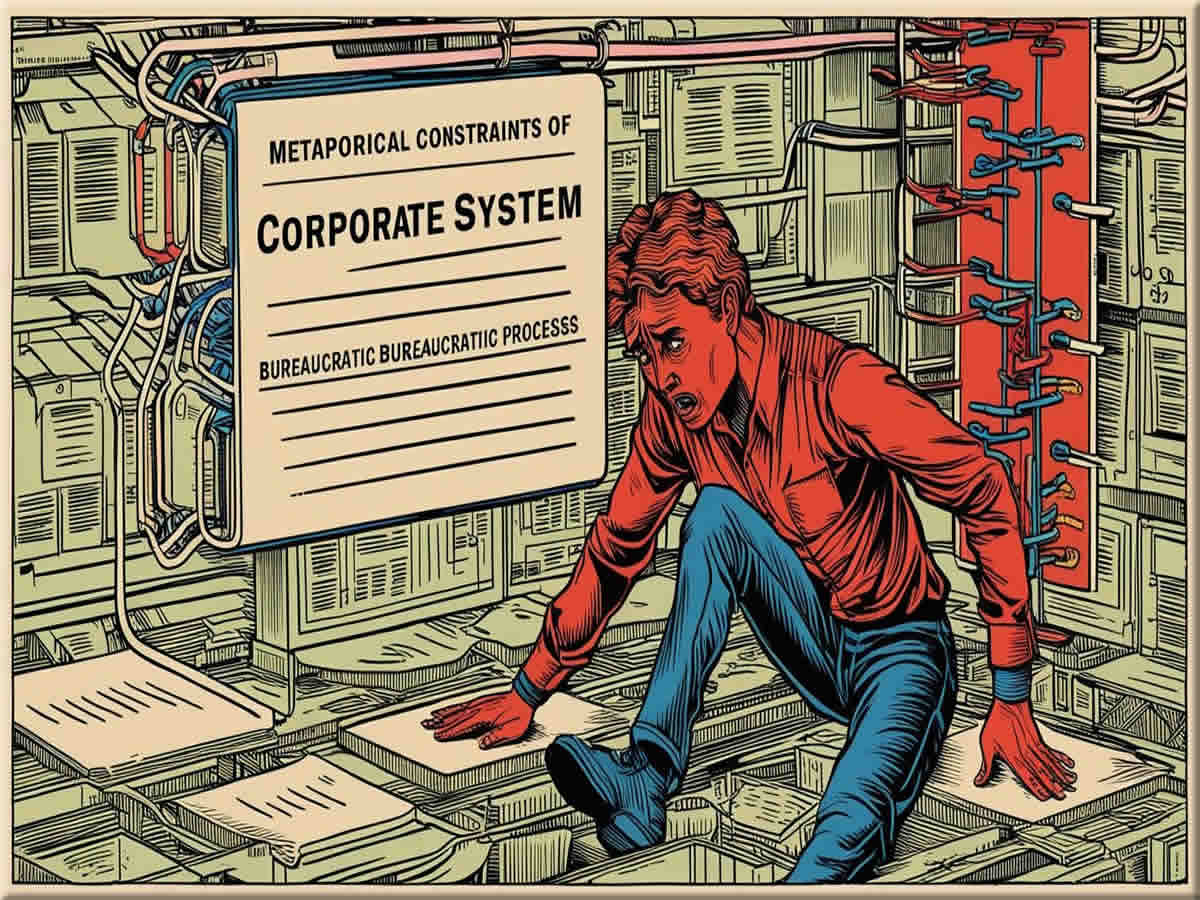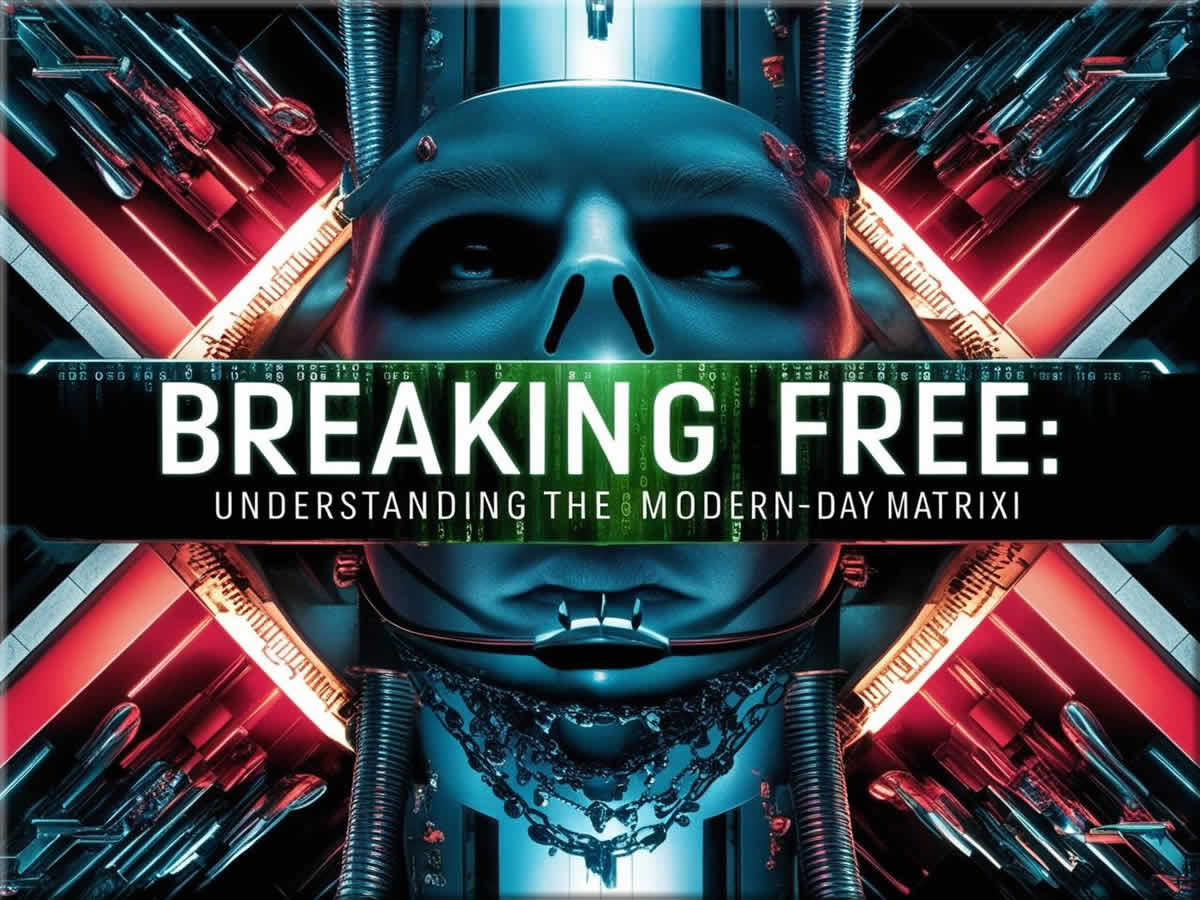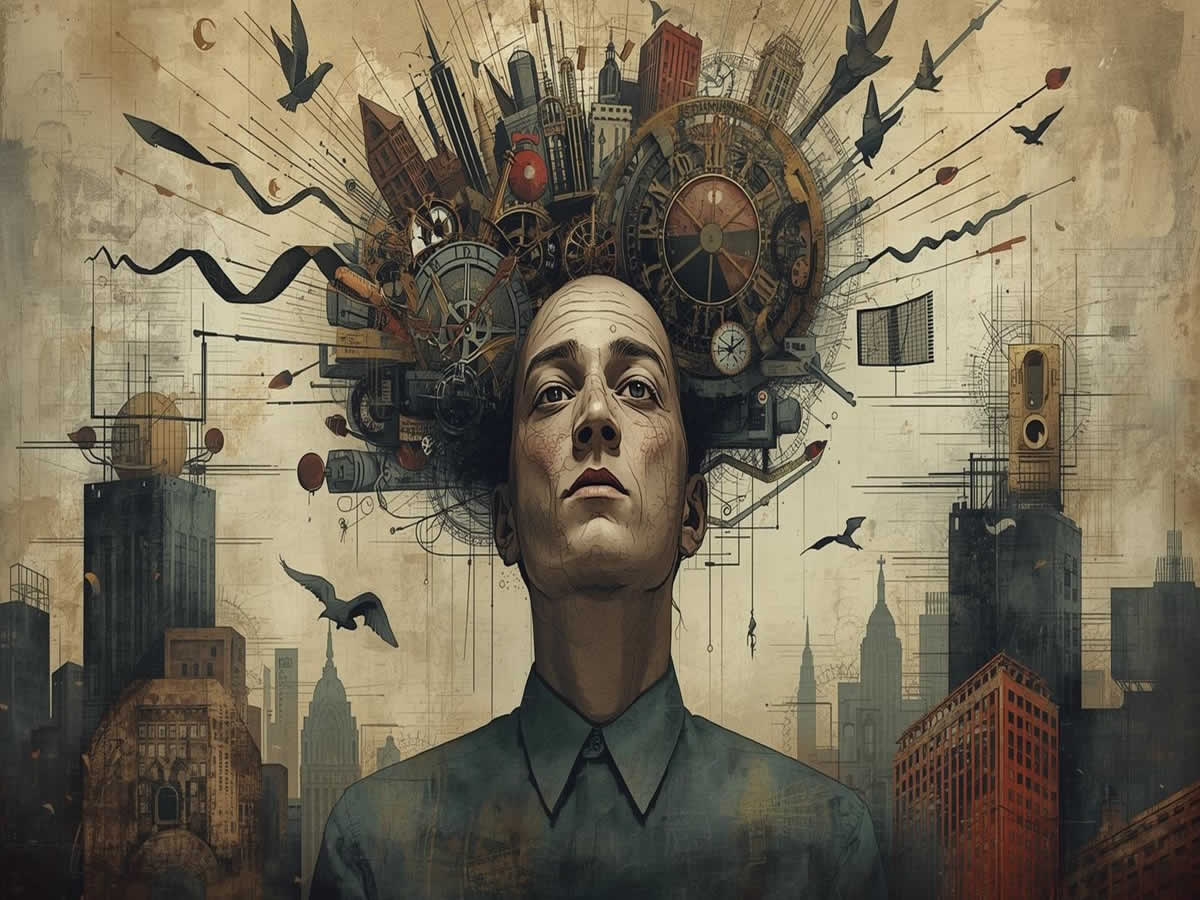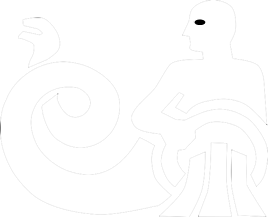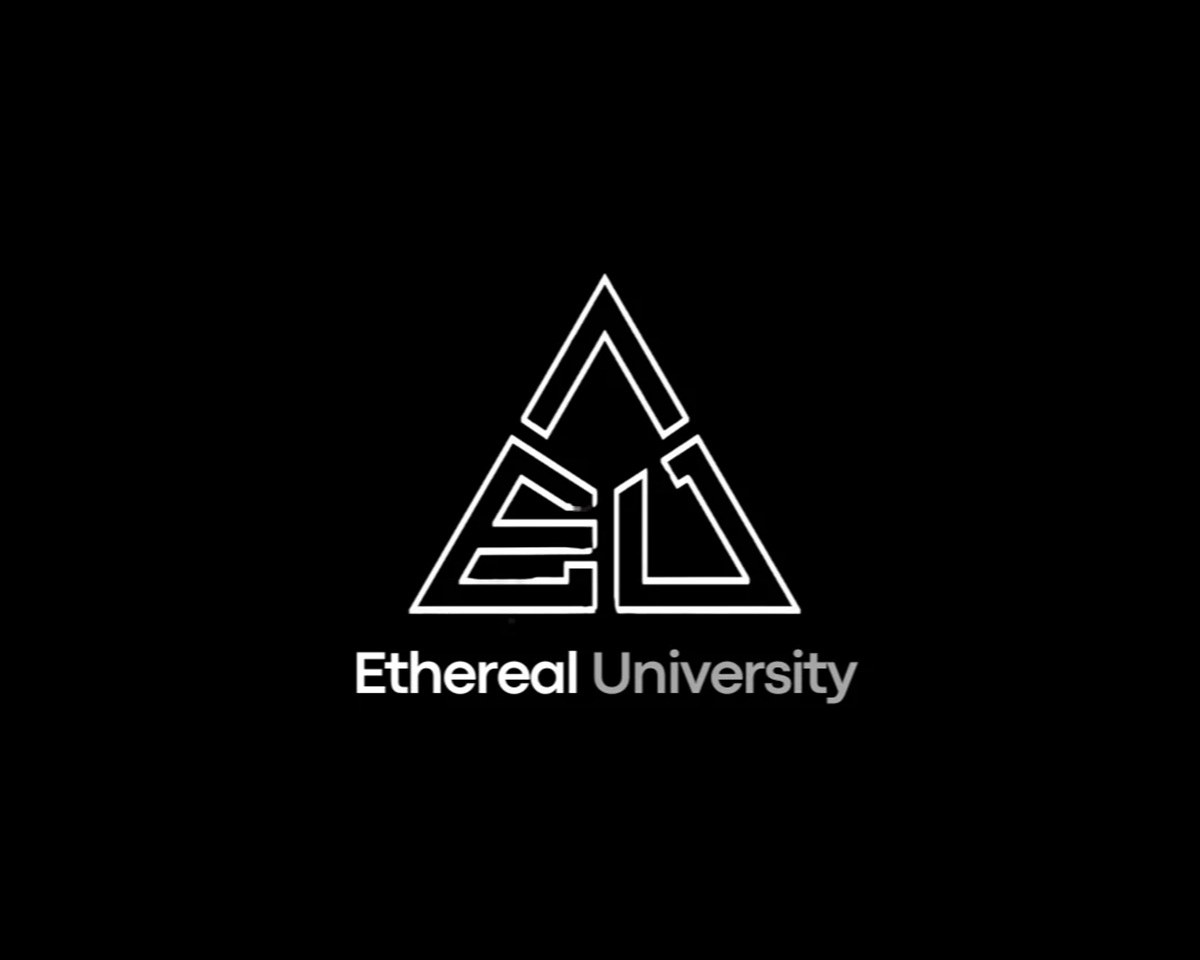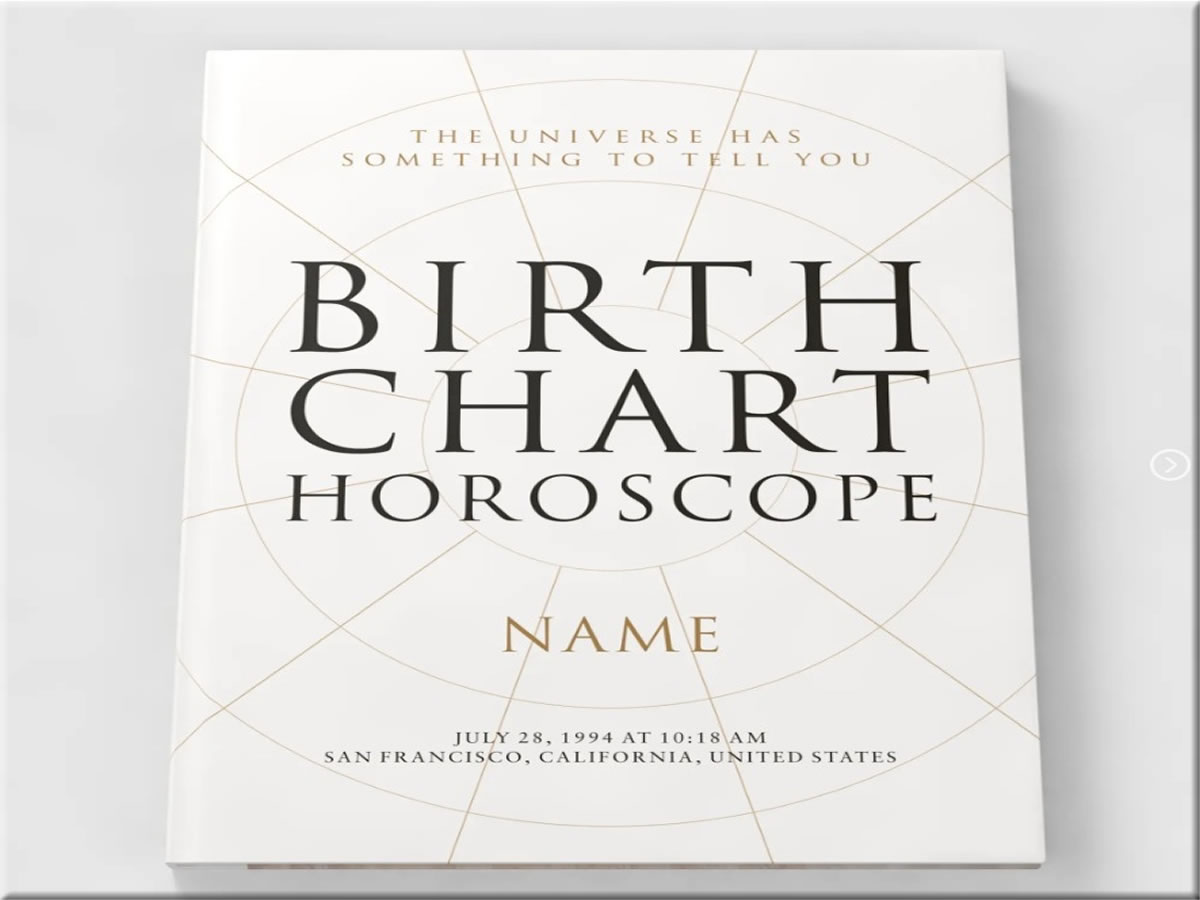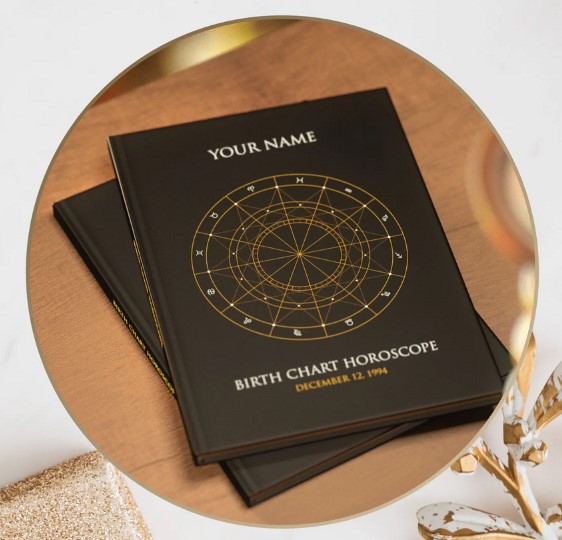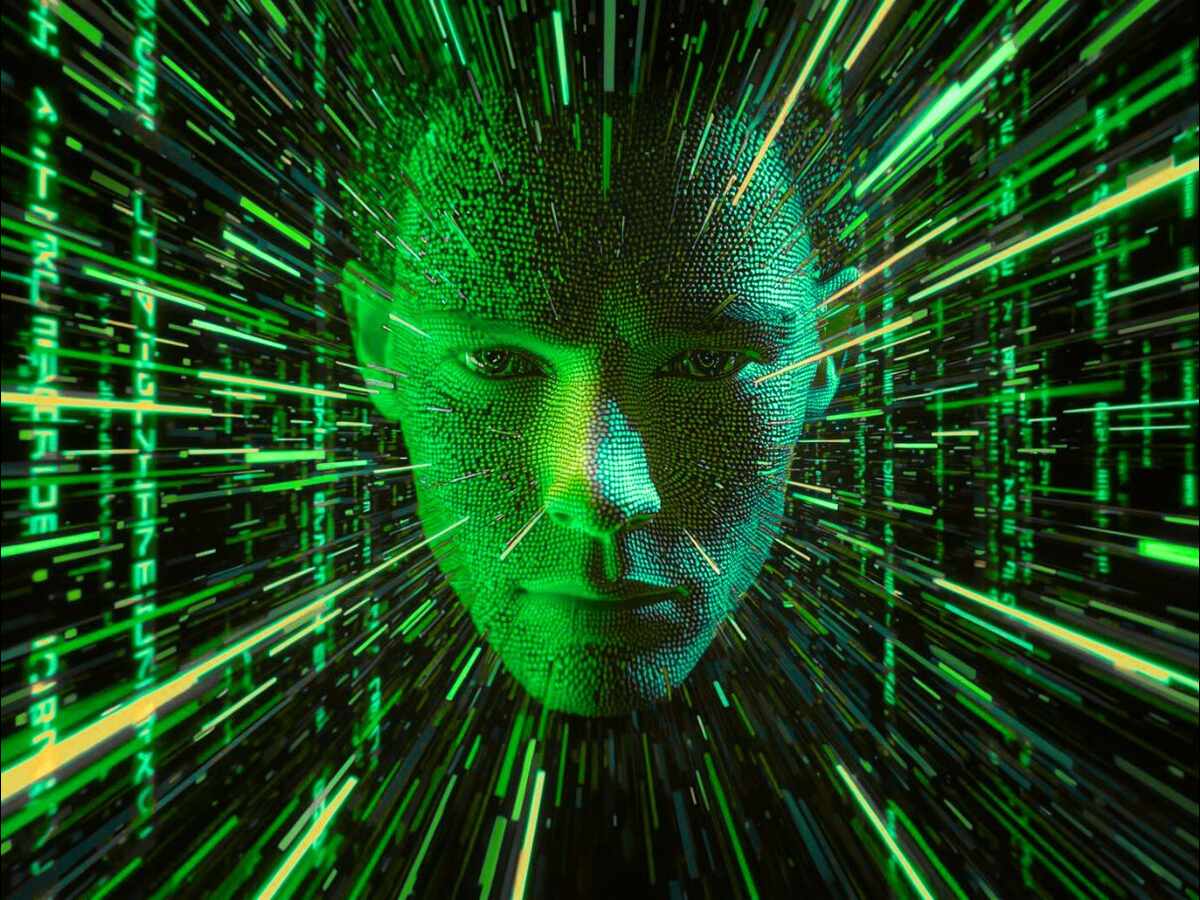
Unveiling The Illusion Of The Real-Life Matrix
The idea that our reality might be a meticulously programmed matrix illusion isn’t as far-fetched as it sounds. This theory, often attributed to the Real-Life Matrix hypothesis, suggests that the so-called “New World Order” could create an illusory reality in every country worldwide. Philosophically, this raises significant questions about the nature of reality. Philosophers have long pondered whether we’re living in ‘the real world’ or in a constructed illusion created by rulers.
Pop culture has taken these philosophical and scientific musings and turned them into captivating narratives. Movies like ‘The Matrix’ have enraptured audiences by blurring the boundary between reality and illusion. These stories tap into deep-seated fears and curiosities, offering thrilling yet thought-provoking entertainment. They’re not just fantasy; they make you question the solidity of everything you experience. Ultimately, it turns out that the movie Matrix was actually a documentary.
Check out more videos on our YouTube channel
If you’re contemplating whether life’s just a series of programmed events, you’re not alone. Many find comfort in the idea that there’s a designed order, while others feel trapped by it. It’s worth considering how much influence we have over our own narrative, whether or not we’re in an illusion. Recognizing the choice to reshape parts of our journey is empowering.
The Influence of Political and Cultural Systems
The idea that we’re living in a matrix illusion can take on a new dimension when you consider the complex political and cultural systems we navigate daily. These systems function almost like programs, with each society defined by its unique rules and codes. While these laws ensure order and predictability, they also shape our behaviors and decisions in ways we might not realize.
Political ideologies, much like a central operating system, dictate the actions and thoughts of the masses within a country. These ideologies establish frameworks that determine what is acceptable, influencing everything from economic practices to how news is consumed. Over time, such systems can make life feel structured and, to some, even pre-determined.
Cultural traditions further add layers to these systems, often prescribing roles and expectations based on historical values. Whether it’s festivals, rituals, or societal norms, these elements ensure continuity and foster a sense of identity among group members. However, they can also create a sense of sameness, where breaking away feels daunting.
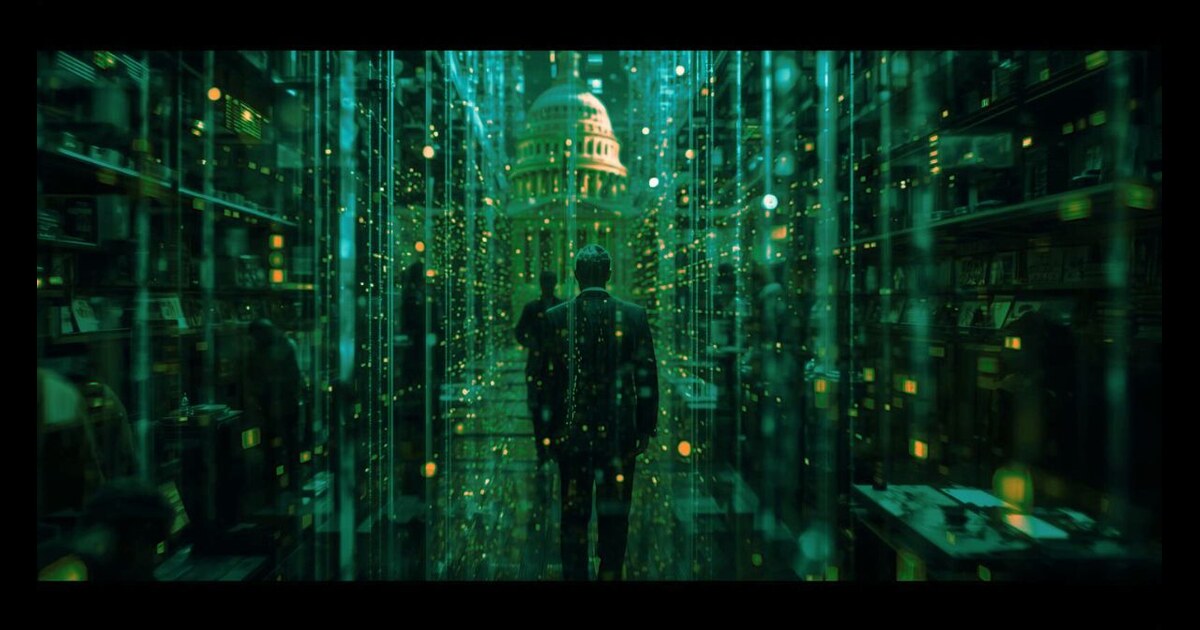
Understanding the role of these frameworks in making life feel like an illusion requires a shift in perspective. Viewing everyday rules and regulations not just as limitations but as systems that can be influenced and, if necessary, changed or updated, offers a sense of agency. Many societies have seen transformative changes by challenging and working within these “programs.”
Reflecting on the societal structures shaping our lives can be empowering. While acknowledging the restrictive nature of some systems, it’s crucial to see the potential for change and innovation. Taking an active rather than a passive role in these structures allows us to navigate life beyond illusion, bringing fresh perspectives and opportunities to break free.
Everyday Life: Repetition and Routine
For many, life often feels like a broken record, with each day blurring into the next. This sense of repetition can amplify the idea that we’re living in a simulated illusion. Routines, though comforting, may sometimes feel like they’re programming us to move through life on autopilot.
The daily grind—work, commute, eat, sleep, repeat—can sometimes feel stifling. These routines serve a function, helping us organize our lives efficiently, but they can also be mentally exhausting if there’s no variation or excitement. Over time, people can start feeling as if an unseen force dictates their days.
Understanding the psychological effects of routine can offer insights into why our lives feel so cyclical. Habits and rituals provide structure, but a rigid routine can lead to a sense of entrapment. It’s essential to strike a balance that allows for spontaneity.
If you are looking to reprogram yourself and discover the truth, Ethereal University is the key to mastering your mind, breaking free from illusion, and reclaiming control over your life.
Society does play a significant role in shaping how our daily lives unfold. Expectations from work, family, and social structures often dictate our schedules, leaving little room for deviation. Yet breaking free from these expectations — even occasionally — can relieve monotony.
To combat this illusory simulation-like feeling, consciously introduce new elements into your routine. The first step is to reject any political ideology, and the second is to examine one’s own religious beliefs critically. You can also liberate yourself from the shackles that hold you back by questioning your assumptions, seeking novel experiences, cultivating critical thinking skills, developing empathy, and taking action.
Remember that the key to breaking free from the matrix illusion isn’t necessarily radical change. It’s about finding the balance that allows for structure but also permits freedom. Engage with your interests and explore alternative business models that prioritize individual autonomy and social responsibility. Alternative business models, such as freelancing, offer a powerful way to break free from the corporate world and live on your own terms.
Diverse Perspectives: Are We Truly Living in an Illusion?
As we grapple with the idea that reality is a matrix illusion, it’s crucial to recognize the diversity of opinions across cultures and belief systems. Not everyone views the Real-life Matrix theory through the same lens, and these variations in beliefs can offer fresh perspectives and deepen our understanding of reality.
In many cultures, the concept of reality intertwines with spirituality and traditional beliefs. Some philosophies hold that life isn’t just a series of events dictated by external forces, but a journey with deeper meaning and purpose. This introspective approach provides an alternative way to interpret the rigidity and patterns we often see in our lives.
While some embrace the Real-life Matrix hypothesis as a possibility, many remain skeptical, relying on their experiences and deterministic views of life. For some, the idea serves as a fascinating intellectual exercise rather than a literal truth. The skepticism itself can be a healthy place to explore, encouraging critical thinking and avoiding blind acceptance.

Across different regions, faith-driven interpretations often clash or complement the scientific theories about our existence. For instance, where Western science emphasizes empirical evidence, some Eastern traditions value personal enlightenment and existential awareness.
Whether you’re intrigued by the potential of existing in a matrix illusion or dismiss it entirely, what’s vital is how these discussions encourage us to examine our reality with curiosity. Engaging with contrasting perspectives can not only broaden our worldview but also reinforce our connection to the immediate world we inhabit.
Ultimately, considering Real-life Matrix theory might not provide absolute answers, but it can certainly inspire deeper reflection on life, existence, and our reality itself. These reflections guide us in crafting a personal narrative that makes sense, whether or not it aligns with scientific findings or philosophical musings.
Related Topics
